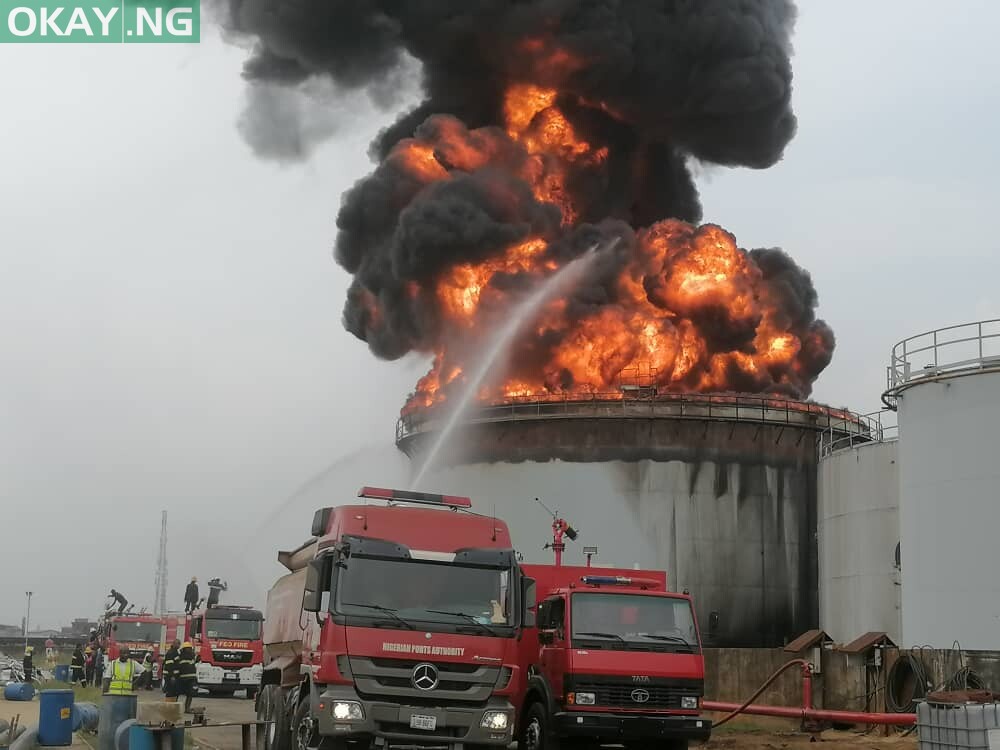Oando Plc, a leading Nigerian oil producer, has confirmed that three separate sabotage attacks have targeted its critical pipelines in the oil-rich Bayelsa state within the past week, significantly disrupting operations. The incidents, which occurred in the Brass and Southern Ijaw local government areas, involved the 18-inch Tepidaba-Brass crude oil pipeline and the 24-inch Ogboinbiri/Obiobi gas link.
“These acts of sabotage are deeply concerning and represent a serious threat to our operations and the wider energy sector in Nigeria,” stated a spokesperson for Oando in a released statement. The company, which recently acquired Eni’s former unit Nigerian Agip Oil Co, has initiated emergency response protocols to contain the impact of the attacks. Leak repair teams have been deployed to the affected sites to mitigate environmental damage and begin the restoration process.
The affected pipelines are crucial to Oando’s production and distribution network, and the sabotage incidents are expected to result in operational delays and potential economic losses. Oando is now collaborating with relevant authorities to conduct a joint investigation visit to thoroughly assess the extent of the damage and determine the root cause of the sabotage.
Read Also: Bayelsa Communities Issue 14-Day Ultimatum, Threaten Oil Production Shutdown Over Contract Dispute
“Following the joint investigation, we will commence full-scale repairs to resume operations as quickly as possible,” the Oando spokesperson added, emphasizing the company’s commitment to restoring normalcy.
This series of attacks underscores the persistent challenges faced by oil companies operating in the Niger Delta region. Pipeline sabotage and crude oil theft have long plagued the area, prompting major international oil companies such as Shell, ExxonMobil, Total, and Eni to divest their onshore and shallow-water assets in favor of deep-water operations, which are perceived as more secure.
The issue of pipeline vandalism is not merely a corporate concern; it has far-reaching implications for Nigeria’s economy and the environment. These attacks often result in significant oil spills, causing ecological damage and impacting local communities that rely on the environment for their livelihoods. Furthermore, the disruption of oil and gas production can lead to revenue losses for the country, affecting its overall economic stability.
These acts of sabotage not only disrupt industrial operations but also affect the lives of countless individuals who depend on the oil industry for employment and economic stability.
The ongoing investigation will be critical in identifying the perpetrators and implementing measures to prevent future attacks. The security and stability of the Niger Delta region remain paramount for the sustainable development of Nigeria’s energy sector.













